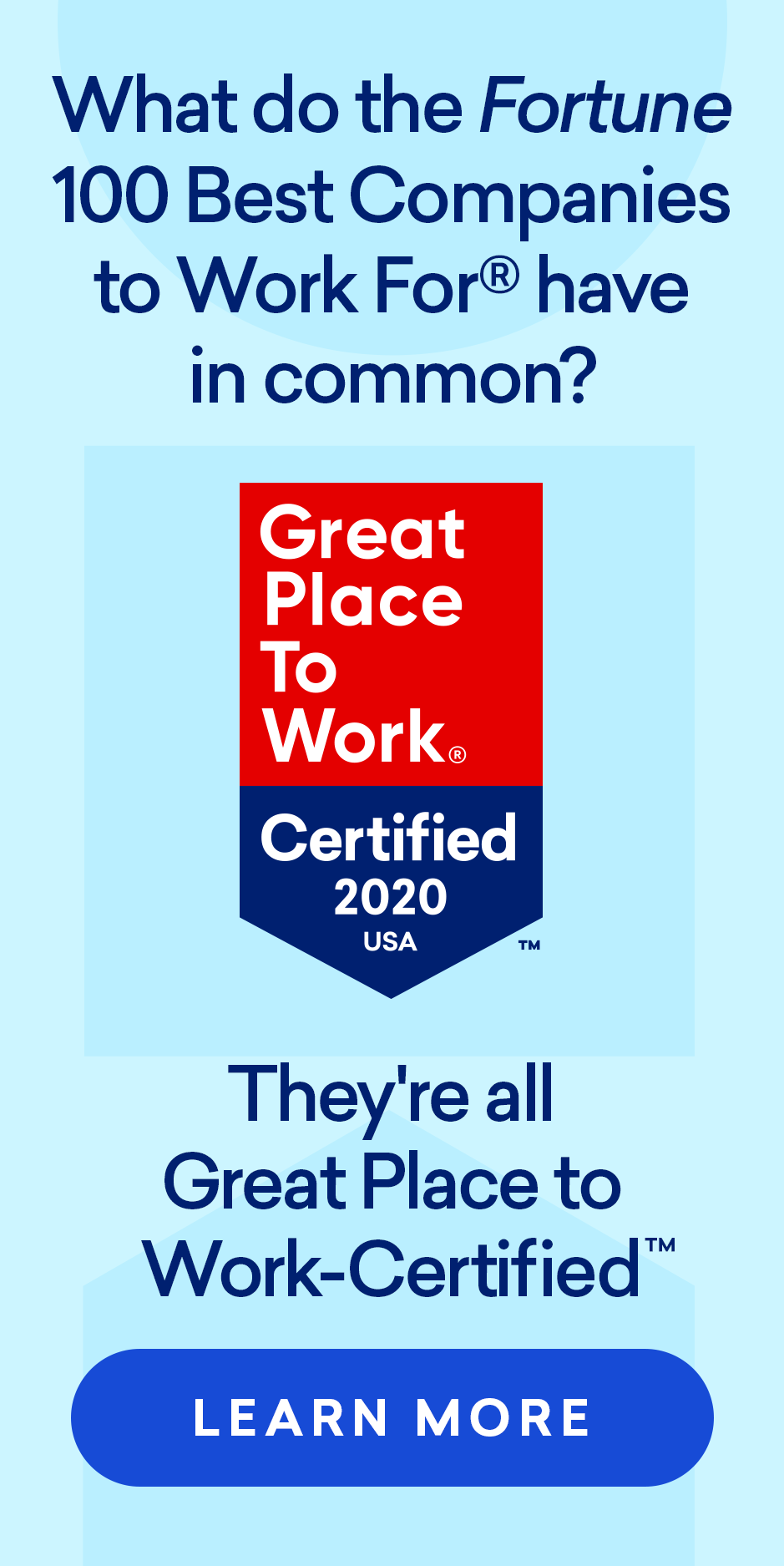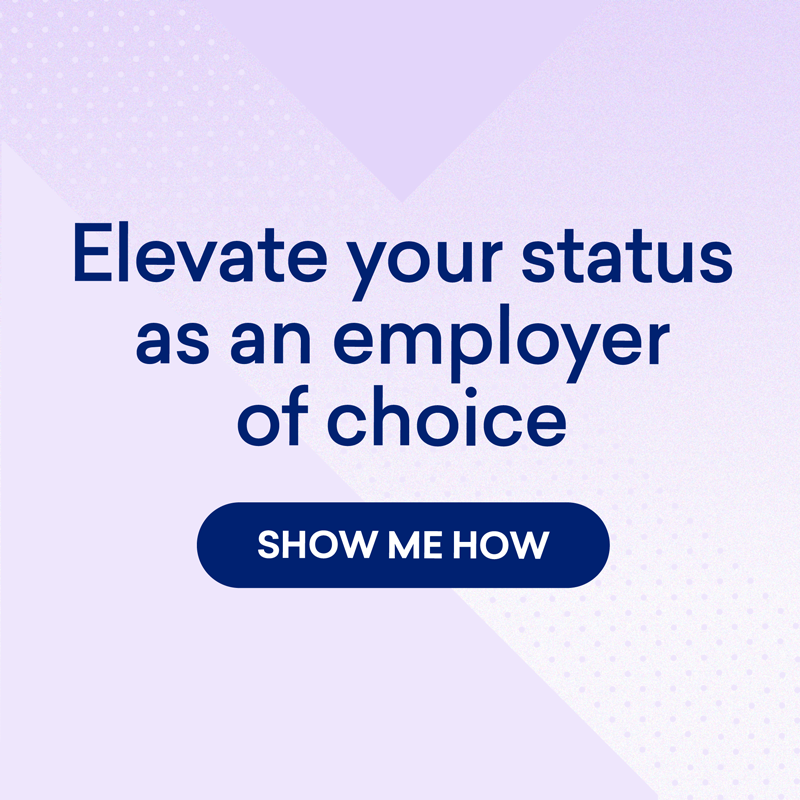Is Netflix changing the game when it comes to maternity and paternity leave?
On the cusp of Netflix's announcement that they are offering unlimited paid time off for new parents (both moms and dads), allowing employees to take off as much time as they want during the first year after a child's birth or adoption, many are left wondering whether this is the new norm. Do the Best Companies to Work For offer something similar? And, is the U.S. finally catching up with the rest of the world when it comes to maternity and paternity leave?
 In the U.S., the Family and Medical Leave Act (FMLA) mandates 12 weeks of job-protected, unpaid leave to eligible employees for the purpose of attending to a newborn or newly adopted child. However, companies are not required to pay those employees during this time, and have no obligation to offer any time off beyond that.
In the U.S., the Family and Medical Leave Act (FMLA) mandates 12 weeks of job-protected, unpaid leave to eligible employees for the purpose of attending to a newborn or newly adopted child. However, companies are not required to pay those employees during this time, and have no obligation to offer any time off beyond that.
In the Huffington Post article "Paid Parental Leave: U.S. vs. The World" it is visually apparent that when comparing maternity and paternity benefits in the U.S. to those around the world, we are very far behind. As an example, Brazil offers 120 days at 100% pay, and the UK offers 280 days at 80% pay. The U.S. is the only industrialized country that does not offer any paid time. With employees today seeking increased flexibility and work-life balance, this does not support either of those objectives.
In the face of meager government-mandated support for new parents in the U.S., many of the companies that appear on the Fortune 100 Best Companies to Work For list do take it upon themselves to offer flexibility and time off specifically for parents. About 37% offer fully-paid maternity leave, or bridge the gap between what is covered by short term disability benefits and an employee's ordinary wages. Many of the 100 Best Companies also offer unpaid time off before and/or after the birth of a child beyond what is required by FMLA, with the average company on the list offering 68 days off.
Determining what is right for your company
When determining how much time to take off after having a child, many parents struggle with concerns such as: "If I take too much time off, am I jeopardizing my chances of climbing the career ladder?" or "Will other employees be frustrated that I am taking time off, and they have to pick up the slack?"
Netflix's bold move will challenge many companies to revisit their own parental leave policies. However, in the absence of a broader societal standard that requires more time off for maternity and paternity leave, every organization's unique culture becomes an important factor in whether an offer of additional time off would actually be used. When revisiting your organization's parental leave policy, it's important to understand how parents taking time off will culturally be received, whether employees would feel comfortable using it, and the effects it would have on your organization (culturally and financially).
Parental leave aside, there are many additional ways that companies can support employees during this time of their lives: for example, providing flexibility, and showing a sincere interest in employees as a person, not just an employee or number. For example, Alston & Bird LLP, the largest law firm in Atlanta and the forty-third largest in the United States, offers "The New Mother Welcome Back Program," which is a program that pairs first-time associate mothers with a mentor attorney as they return from maternity leave. The mentors are typically other Alston & Bird LLP associates who have successfully navigated the maternity leave and reintegration process, and can provide support during a potentially overwhelming time.
When it comes to parental leave, there's no doubt that the U.S. has some catching up to do with the rest of the world. In the meantime, many of the 100 Best Companies are supporting parents in ways that are effective, and Netflix is definitely setting the bar at an aspirational level.
About Elizabeth
Elizabeth Stocker is a Senior Analyst on the consulting team at Great Place to Work®













